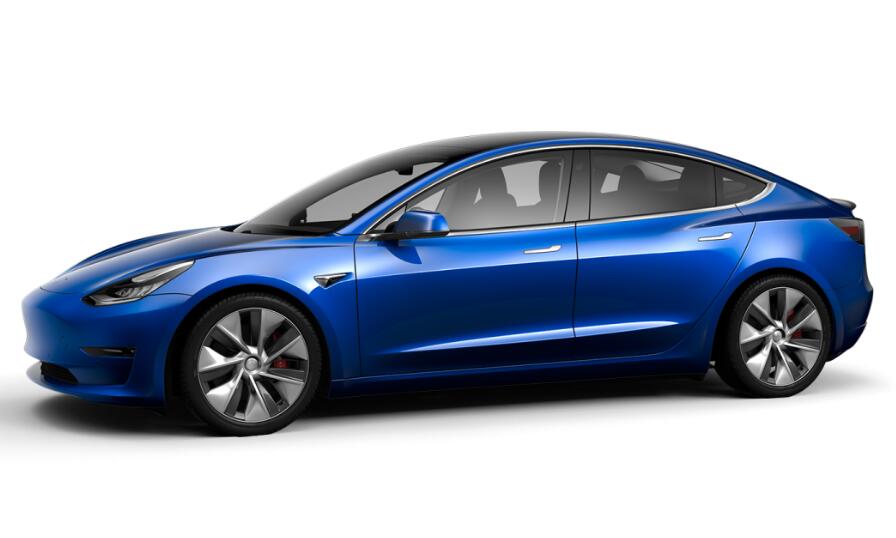Tesla China's move sparks speculation it may support battery swap, a model central to Nio
Tesla China's business registration recently added "sales of battery swap facilities for new energy vehicles," according to data provider Tianyancha, sparking speculation that it may support battery swap like Nio.
Beijing Business Today was the first to report the change, saying it means Tesla is now eligible to offer battery swap service options for its models in China or to sell new energy vehicle battery swap facilities to third-party organizations.
But the report cites Tesla sources as saying, "Tesla will not adopt battery swap."
In fact, Tesla CEO Elon Musk demonstrated battery swap technology in 2013.
The company's flagship sedan Model S used to support battery swap, saying, "this provides Model S owners with a faster way to charge their vehicles when driving long distances."
But Tesla eventually withdrew support for battery swap because of the high investment and meager revenue involved in building battery swap stations.
China's new subsidy policy for new energy vehicles effective last year said that only new energy vehicles priced at no more than RMB 300,000 ($46,420) are eligible for the new round of subsidies, while models that support battery swap mode are not subject to this rule.
Tesla China's Model Y and Model 3 performance versions are priced above RMB 300,000.
Since its establishment in 2014, Nio has developed a unique model with a battery swap, in addition to supporting super-fast charging similar to Tesla. Its battery swap time has been reduced from 3 minutes to 90 seconds.
Other major players including Geely, Changan, and SAIC Roewe have all launched battery swap-enabled models, but they are all aimed at the cab market, and Nio is the only car company currently offering battery swap-enabled models to individual car buyers.
During this year's Chinese New Year, Nio battery swap stations made 43,500 battery swaps, a 528% increase from the previous year.
Nio plans to have 500 battery swap stations in China by the end of 2021; currently, the company has about 200 battery swap stations.

(Source: Tesla)

